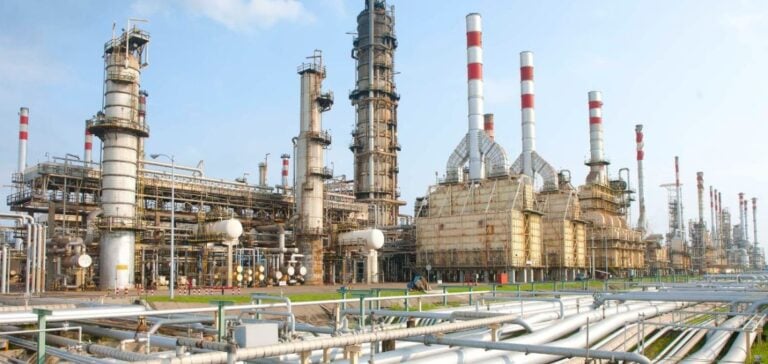Pertamina, the Indonesian refiner, decides to add Russian oil grades to its September tender, marking a first in years. This initiative comes against a backdrop of Western sanctions against Russia and upheavals on the global energy market. Western sanctions, notably the EU embargo on Russian oil and the price cap mechanism, are redirecting oil flows to countries such as China, India and Turkey. Despite this, Pertamina, which has not purchased Russian oil for over ten years, is now soliciting Russian Urals oil, as well as other sour crudes such as Kirkuk, Jubilee and Al Shakheen, for deliveries scheduled to the Cilacap refinery from September 15 to 17. The company’s marine investments in 2022 will in part enable them to increase their hydrocarbon transport and vary their imports.
Source diversification
Pertamina is also requesting Sokol oil among the sweet crudes, including Azeri BTC, El Sharara and Qua Iboe, for deliveries to Cilacap between September 18 and 20. Sokol must be supplied under CFR (Cost and Freight) or DAP (Delivered to Port) conditions. Tenders have recently closed, with no results yet announced. A source close to Pertamina’s plans indicates that the purchase of Russian oil could take place only under price-cap regulations, allowing Western carriers and insurers to participate in transactions if the price is below $60 a barrel.
Impact of Sanctions
Pertamina’s inclusion of Russian oil reflects a diversification strategy to maintain the stability of its operations despite global market disruptions. This approach also demonstrates Indonesia’s flexibility in the face of Western sanctions, as it seeks to optimize its costs while guaranteeing its energy security. By purchasing Russian oil at competitive prices, Pertamina strengthens its resilience to market fluctuations. However, this decision must be in line with international regulations and relations with Western partners.






















